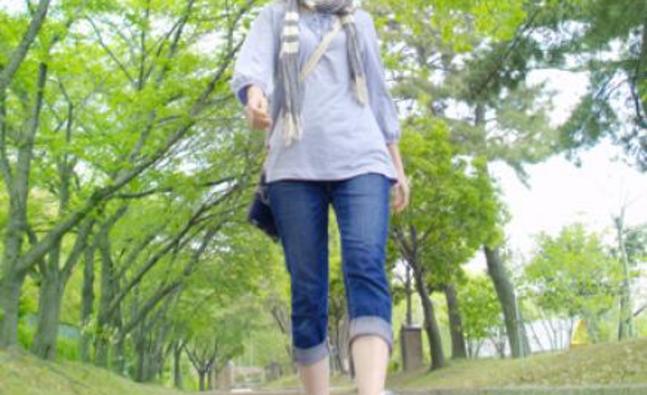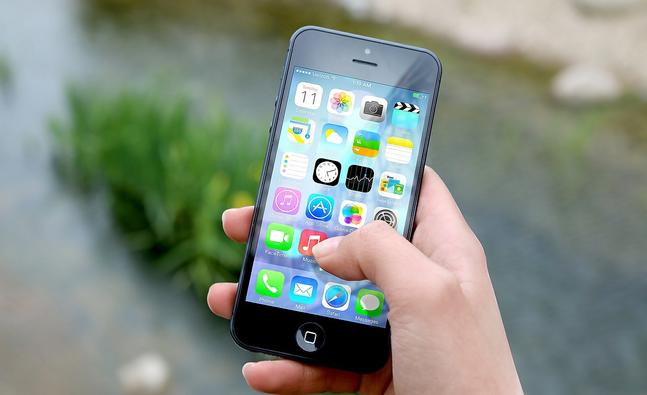Light Exposure and BMI
You know your day would be way more efficient if you could just drag yourself out of bed before work and fit in your workout. But executing this healthy plan is way easier said than done. If you’re looking for more motivation to get up and get moving, a new study from Northwestern Medicine might give you that extra push.The April 2014 study of 54 participants (men and women with an average age of 30) found that people who got the majority of their daily light exposure in the morning had a significantly lower BMI than those who didn’t get much exposure until later in the day.This connection was independent of each person’s physical activity level, caloric intake, sleep timing, age or season. Researchers point to sunlight’s role in regulating our circadian rhythm as the explanation for its effect on BMI.”Light is the most potent agent to synchronize your internal body clock that regulates circadian rhythms, which in turn also regulate energy balance,” says study senior author Phyllis C. Zee, M.D. “If a person doesn’t get sufficient light at the appropriate time of day, it could de-synchronize your internal body clock, which is known to alter metabolism and can lead to weight gain.”To synchronize your internal body clock properly, aim to get your biggest dose of natural light between 8 a.m. and noon. Only 20-30 minutes is enough to positively affect BMI. That means a quick morning run, walking your dog, or even walking to work will not only benefit you for the obvious reasons physical activity will, but also give you that light exposure when your body could use it most.If you spend the majority of your day sitting inside at a desk, you know how tough it is to squeeze in some sun. And although indoor lighting counts, most people work in poorly lit environments, making it hard to reach the minimum threshold that researchers say will help lower BMI.This connection between light and BMI has potential to open up new weight loss strategies. “Just like people are trying to get more sleep to help them lose weight, perhaps manipulating light is another way to lose weight,” says co-lead author Kathryn Reid, research associate professor of neurology at Northwestern University Feinberg School of Medicine.
-
Go vegetarian to reach or maintain your goal weight
-
How to skip to lose weight
-
People Fess Up to—and Celebrate—the Ways They Secretly Cheat on Their Diets
Holding yourself back from the foods you lurve 24/7 can drain your wil
-
Take a step towards weight loss
-
5 Easy ways to trick yourself into eating LESS and losing MORE weight
-
Avoid appetizers to limit weight gain
- DON'T MISS
- Keep your fridge and cupboards free of junk foods
- 10 LAZY TIPS ON HOW TO LOSE WEIGHT WITHOUT EXERCISE
- A diet revolution that promises real weight loss
- How Does Cayenne Pepper Help You Lose Weight?
- Bob Harpers Biggest Loser Win Reaction
- How Does Triphala Help You Lose Weight?
- Watch what and how you eat over the holiday season
- Include salmon in your weight loss diet
- 25 Celebs who are vegans or vegetarians
- Exercise tips for weight loss: Jenny has two apples




